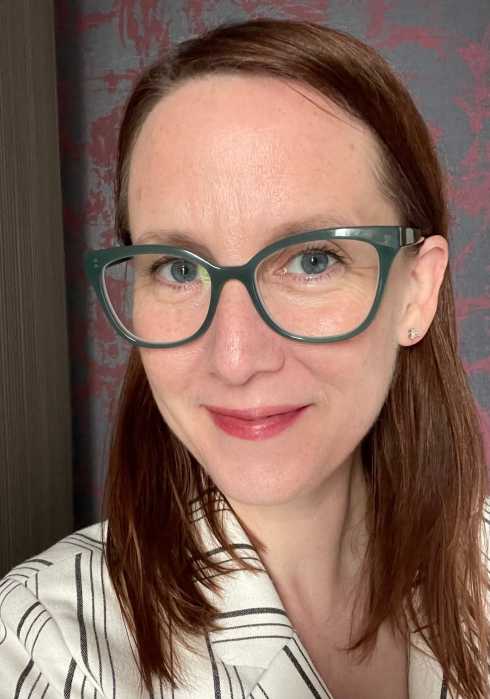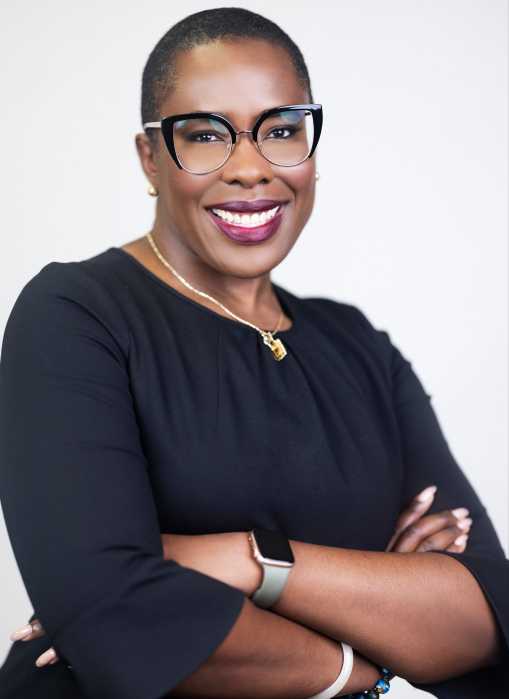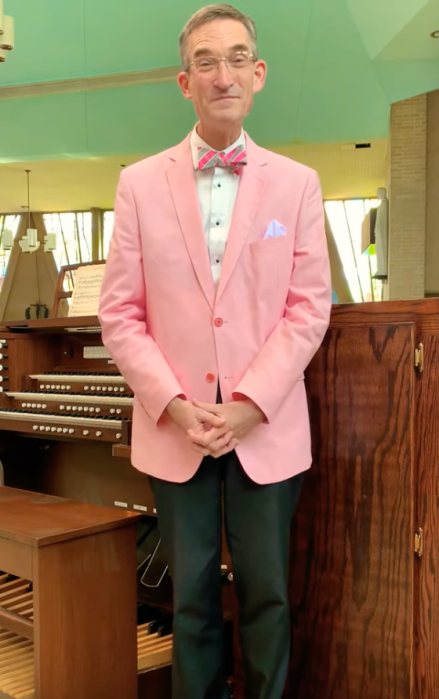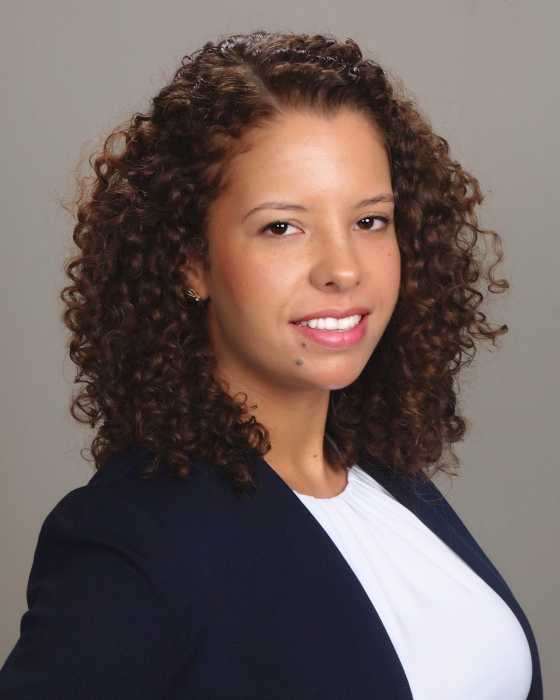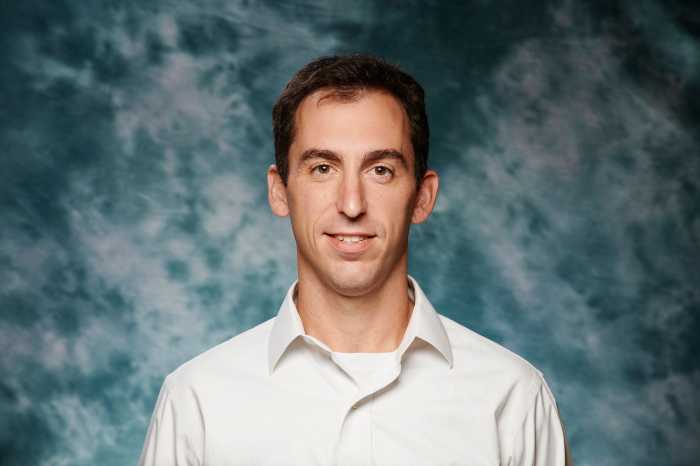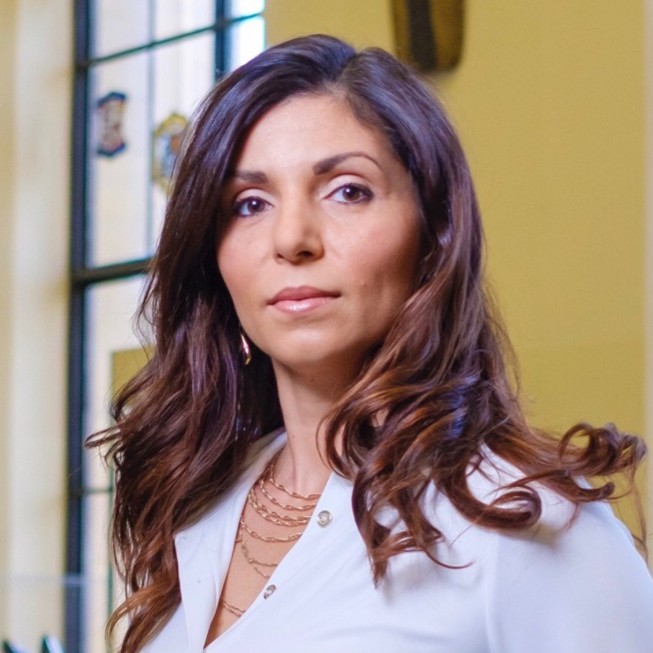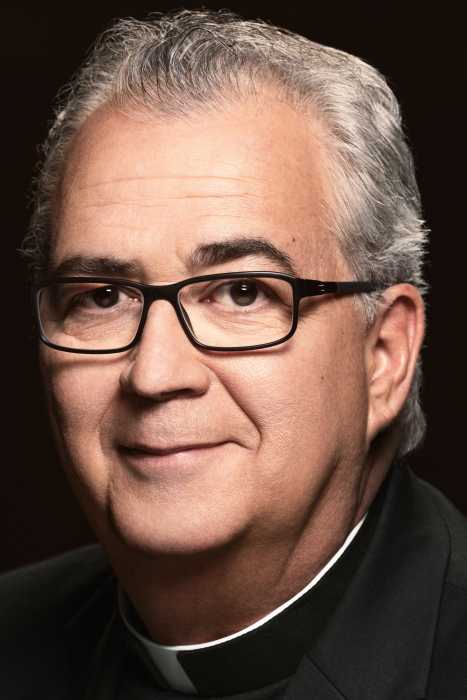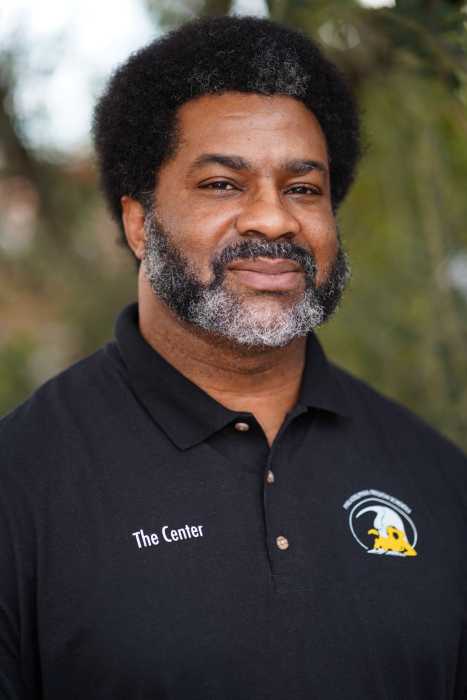Catherine Charlton is the executive director of Musicopia and Dancing Classrooms Philly, affiliate organizations that collectively serve over 7,800 programs annually to over 20,000 students. The organizations have a shared vision of providing equitable access to the transformational power of the arts for all children and youth. Catherine has taught hundreds of students for over 20 years as a piano teacher, and currently serves on the Board of Governors for the Philadelphia chapter of The Recording Academy as co-chair of the Education Committee.
What is something you have learned from your students?
Children have a natural creative curiosity that often helps them approach tasks and problems in new and unexpected ways. It is learning how to keep this curiosity and openness that will help us change our world. My favorite teaching moments include giving the same creative assignment with the same tools and instructions to multiple children and marveling at the incredible and inspiring variety of the outcomes.
What was your favorite moment or experience in your own education?
Playing in the Javanese gamelan ensemble at university opened my ears and heart to music beyond the standard Western piano repertoire. Meanwhile, as a music library circulation assistant for my work-study job, I regularly explored the stacks of an extensive record collection from around the globe. This music was so foreign to anything I heard as a child in rural Virginia and the exciting and creative sounds changed my own music-making forever. It is this global awareness we strive to bring to Musicopia and DCP pre-K to 12th-grade programs, with a roster of musicians and dance styles from around the world.
What conditions do you think are necessary for a safe and effective learning environment?
The arts are crucial for all school environments. It is through music, movement, painting, and poetry that we express our innermost emotions and experiences in ways that not only are helping us unbottle them, but also reflect the experiences and dreams of our peers around us. We learn that not only is it okay to vulnerably express from within, but in witnessing and supporting our friends and peers doing the same thing, we are giving space for mutual respect, healing, and connection. In this creative environment, minds are ready to learn and move forward together.
How do we ensure those without privilege have equal access to quality education and opportunity?
Legislation and philanthropy should give funding directly to the schools and organizations that are on the ground doing the work and who have connections and deep ties to their communities. Developing mentorship and training pathways that help young people lift up the next generation also creates immediate opportunity and ensures sustainable access and self-fulfilling quality education.



